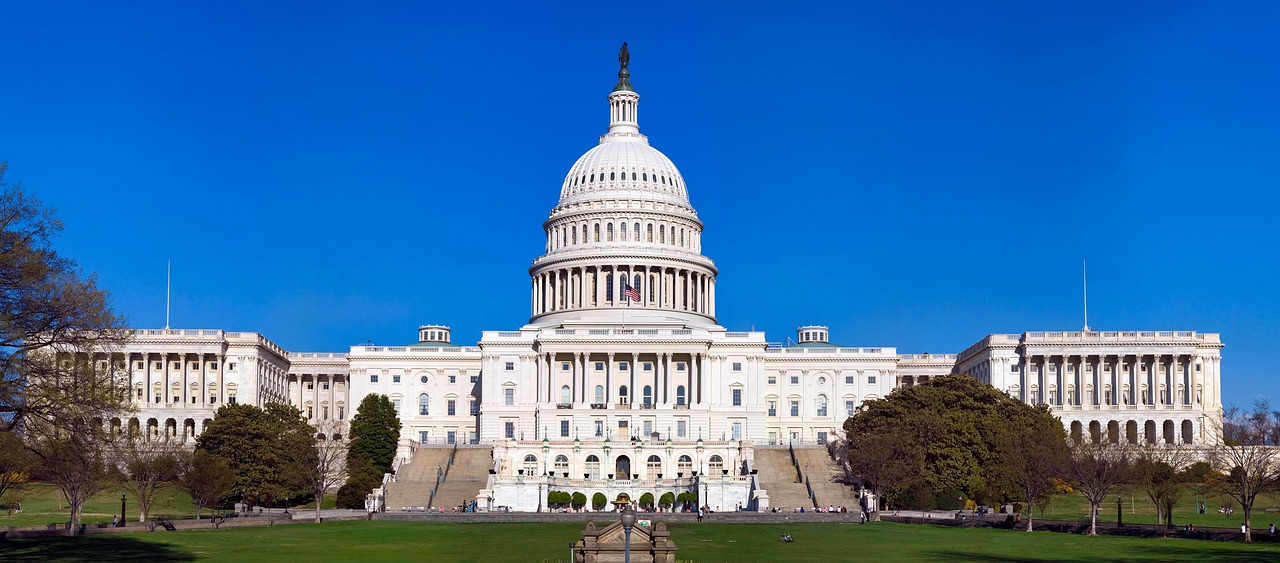US House Approves Urgent $9 Billion Budget Cuts to Public Broadcasting

UPDATE: The US House of Representatives has just approved a significant budget cut of approximately $9 billion targeting public broadcasting and foreign aid programs. This urgent legislation, known as HR4 or the Rescissions Act of 2025, passed with a narrow margin of 216-213, with two Republicans joining Democrats in opposition.
This decision retracts funds previously allocated for the Corporation for Public Broadcasting (CPB), the United States Agency for International Development (USAID), and various international peacekeeping and health initiatives. The bill now moves to the Senate, where it was approved earlier this week with a vote of 51-48, after a tie-breaking vote by Vice President JD Vance.
The implications of this legislation are profound. If signed into law by President Donald Trump, it will affect critical funding streams for organizations such as National Public Radio (NPR) and the Public Broadcasting Service (PBS). Critics, including many Democrats, argue that these cuts jeopardize vital public services that inform and educate communities nationwide.
House Speaker Mike Johnson indicated that this is just the beginning of budgetary rescissions, stating, “This isn’t the end, it’s the beginning.” This statement signals potential further cuts that could impact a range of public programs in the future.
The funding cuts are made possible under the Impoundment Control Act (ICA), which allows the President to withhold previously approved funding pending congressional approval of rescission. This law defines rescission as legislation that cancels the availability of budget authority previously enacted.
With the Senate’s approval and the House’s vote now complete, all eyes are on President Trump to see if he will sign the measure into law, which could happen as early as next week. The urgency of these cuts underscores a shifting political landscape focused on reducing government spending, a key issue for many lawmakers.
As this story develops, the impact on public broadcasting and international aid will be closely monitored. The potential consequences for millions of Americans who rely on these services cannot be overstated. Stay tuned for more updates.





